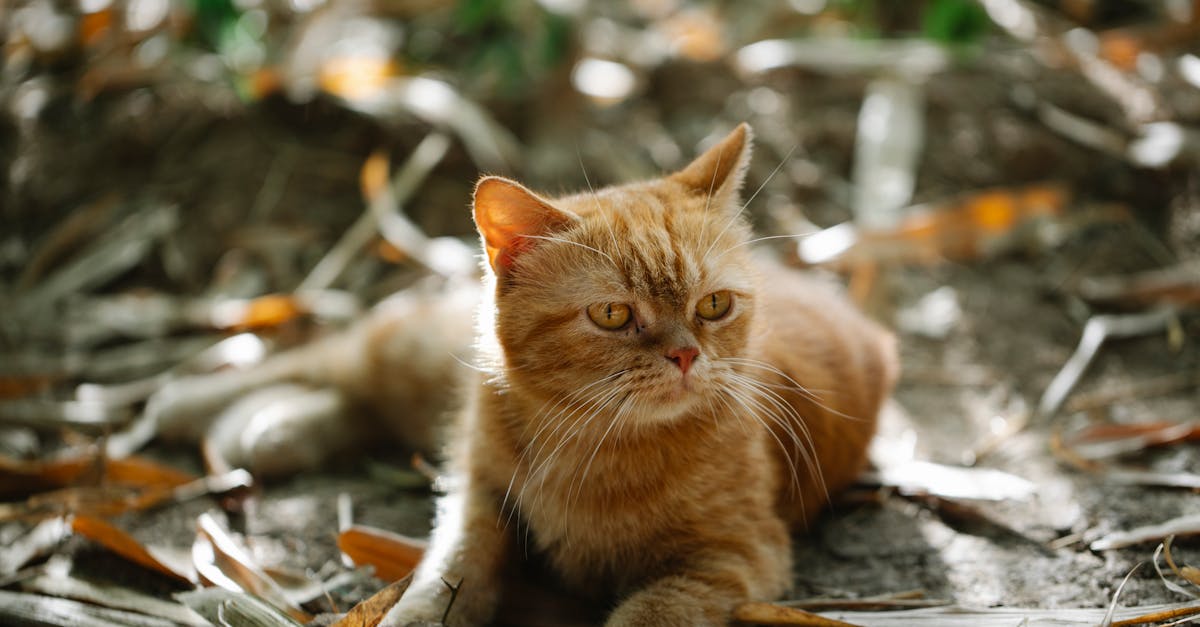As a cat owner, you want the best for your feline friend, and diet plays a huge role in their overall health. Homemade cat food has become a popular topic among pet parents, with many believing it to be healthier and more tailored to their cat’s needs. But is making your own cat food truly better? Let’s explore the pros and cons so you can make an informed decision.
🩺 Vet Insight
Commercial cat food is carefully formulated to meet all of a cat’s nutritional needs, but the appeal of homemade diets often lies in control and customization. Preparing your cat's meals at home allows you to choose fresh, high-quality ingredients and avoid fillers or additives. However, crafting a nutritionally complete homemade diet isn’t as simple as it may seem.
Cats are obligate carnivores, meaning their bodies require specific nutrients found only in animal-based proteins. Nutrients like taurine, arachidonic acid, and vitamin A are critical for their health. Without proper knowledge or guidance, a homemade diet can easily fall short, leading to nutrient deficiencies that may cause serious health issues over time.
Additionally, preparing homemade food takes time, research, and effort to ensure you’re meeting your cat’s dietary requirements. For some pet owners, this commitment may not be sustainable in the long term.
⚠️ Ingredients to Avoid
When preparing food for your cat, it’s crucial to know which ingredients are toxic or harmful to them. Even small amounts of certain foods can be dangerous.
- Onions, garlic, and chives – These can damage a cat’s red blood cells, leading to anemia.
- Chocolate and caffeine – Both contain theobromine, which is toxic to cats.
- Grapes and raisins – These can cause kidney failure in some pets.
- Raw dough – Yeast can expand in the stomach, leading to serious digestive issues.
- High-sodium foods – Excess salt can lead to dehydration or even sodium poisoning.
According to the ASPCA, even small amounts of garlic can be toxic to cats (source). Always double-check the safety of any ingredient before including it in your cat’s diet.
✅ Safer Alternatives
If you’re determined to prepare homemade meals for your cat, there are ways to do it safely with proper planning and vet guidance. Here are some tips to help you get started:
- Consult your vet or a veterinary nutritionist to create a balanced meal plan tailored to your cat’s needs.
- Include high-quality animal proteins, such as chicken, turkey, or fish, as the main ingredient.
- Add a taurine supplement, as this essential amino acid is critical for heart and eye health.
- Incorporate small amounts of cooked, cat-safe vegetables like carrots or peas for fiber.
- Use commercial vitamin and mineral supplements designed specifically for cats to ensure a balanced diet.
Homemade diets should be carefully planned and consistently monitored to avoid deficiencies or imbalances. It’s also a good idea to have your cat’s health regularly checked by your vet to ensure their diet is supporting their overall wellbeing.
💡 Final Advice
Homemade cat food can be a viable option if you’re willing to put in the time and effort to do it right. However, it’s not without risks, especially if meals are not nutritionally complete. For most pet owners, high-quality commercial cat food remains the safest and most convenient choice, as it’s specifically formulated to meet your cat’s dietary needs.
If you’re set on making your own cat food, always work closely with a vet or veterinary nutritionist to ensure your feline is getting all the nutrients they need. Remember, your cat’s health and happiness depend on a balanced diet, so this isn’t a step to skip.
FAQs
Q: Can I feed my cat raw meat as part of a homemade diet?
A: While cats can eat raw meat, it’s not without risks. Raw diets can expose your cat to harmful bacteria like Salmonella or E. coli. If you choose to feed raw, consult your vet to learn how to minimize these risks.
Q: How do I know if my homemade cat food is nutritionally complete?
A: The best way is to work with a veterinary nutritionist who can help you formulate a balanced recipe. They can also recommend supplements to ensure your cat’s diet meets all their needs.
Book a $49 online vet consultation at https://www.dialavet.com for fast, expert advice.























